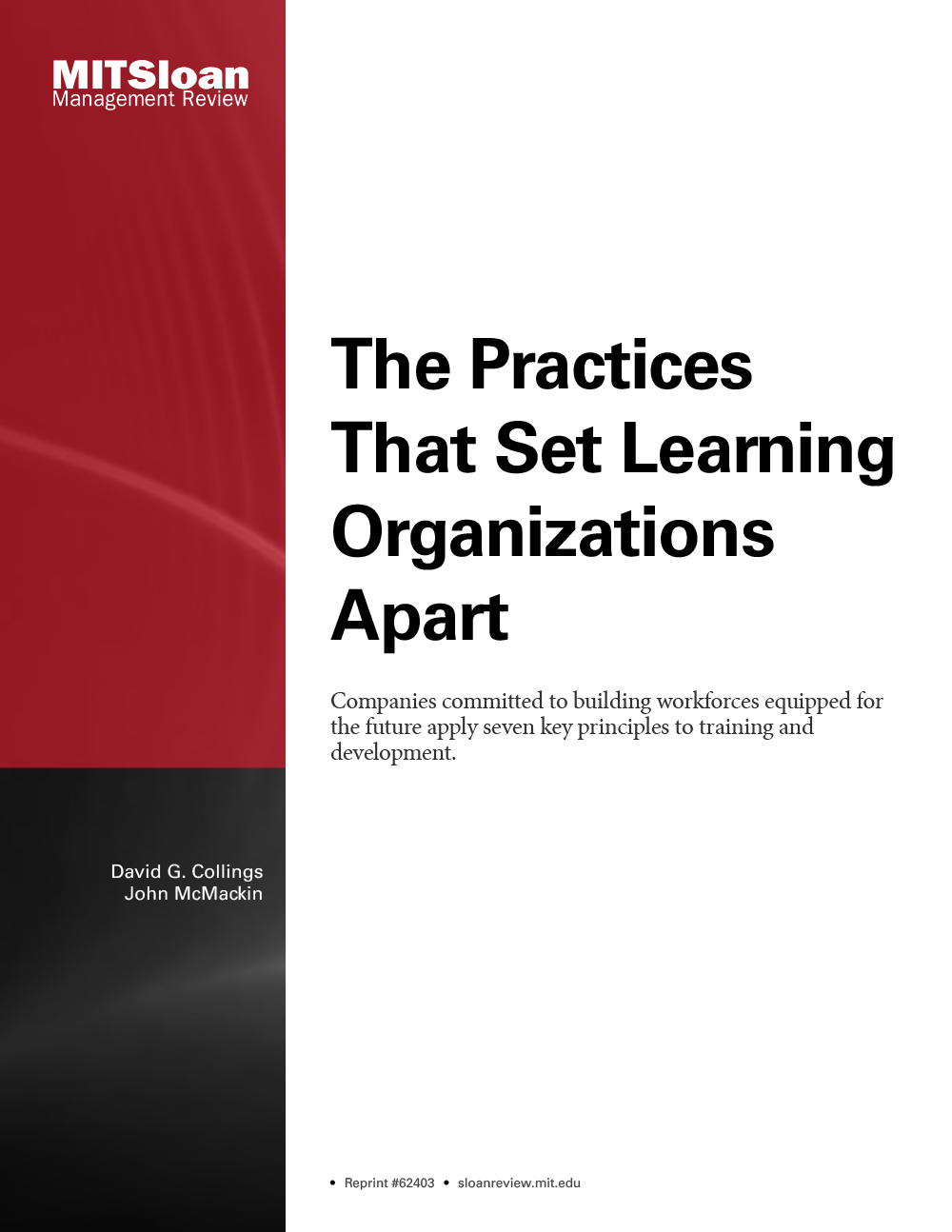Under the right circumstances, companies of any size can grow to become platform leaders.
Search Results
Page 4 of 10
-
Systems Marketing for the Information Age
Globalization, at its core, is about a new operating theory of the world based on connectedness between, across, above, below and through preexisting political, social, economic, thematic, geographic and security boundaries. The connections and interactions can be so intense and transformative, says the author, that we can no longer distinguish between actors and their environments. Advances in telecommunication have linked the information and economic domains of customer, competitor and collaborator as never before. And, because all players have access to virtually the same information and information technologies, and can therefore equally target a demographic with precision, there is no compelling competitive advantage in any digital marketing capability. At the end of the day, marketers confront the same dilemma they turned to the Internet and information technology to solve: consumers opting out in ever greater numbers. To grow a business today, says the author, companies must take a marketing ecosystems view, which shifts away from the logic of "brand" as the primary unit for business strategy. Citing Microsoft, Google, AT&T and McKinsey, among others, the author suggests that the only sensible way for a company to compete is not by offering new products with similar functional attributes, but by being better than its rivals at molding the ecosystem in which the competition takes place.
-
The Future of Corporate Venturing
During the late 1990s stock market boom, many large companies established corporate-venturing units, seeking to develop innovative new businesses and spur growth. However, with the downturn of the economy, many of these units ceased operations -- while others managed to survive and a few even thrived. What went wrong with failing companies, and how do those that still have corporate-venturing units manage to succeed? The authors studied nearly 100 venturing units, proposing that failures often occurred because such groups lacked clarity -- both in their objectives and in their business models. Using the example of successful venturing units, such as Intel Capital, Mustang Ventures at Siemens, Lucent New Venture Group and GE Equity, the authors outline four common types of venturing scenarios that, by using a careful, steady approach, companies can execute well: ecosystem venturing, innovation venturing, harvest venturing and private-equity venturing. They discuss the characteristics and benefits of each and how successful companies avoid the pitfalls that snare others. In the end, the authors conclude, there are many ways to do corporate venturing. But to succeed, companies must define their goals clearly and narrowly, understand the differences among the various types, and use the appropriate type for the appropriate activity. The ultimate key to accomplishing that, say the authors, lies in effectively employing the differences to their advantage.
-
-
Managing the Human Cloud
Tapping a virtual, on-demand workforce requires new management models and skills.
-
Ask Sanyin: What’s the Right Way to Carry Out Layoffs?
Leaders’ direct involvement and presence in all stages of a workforce reduction helps maintain trust and mitigate harm.
-
How Tech Fails Late-Career Workers
Age-related cognitive changes can hinder workers’ technology use, but these strategies can help managers support them.
-
Unlocking the Potential of Justice-Impacted Talent
Formerly incarcerated people represent an underutilized talent pool that can help employers address workforce shortages.
-
The Practices That Set Learning Organizations Apart
Companies committed to building workforce skills model learning and development best practices that others can follow.
-
The Overlooked Partners That Can Build Your Talent Pipeline
Community partners can help companies create enduring skill strategies and training systems.












